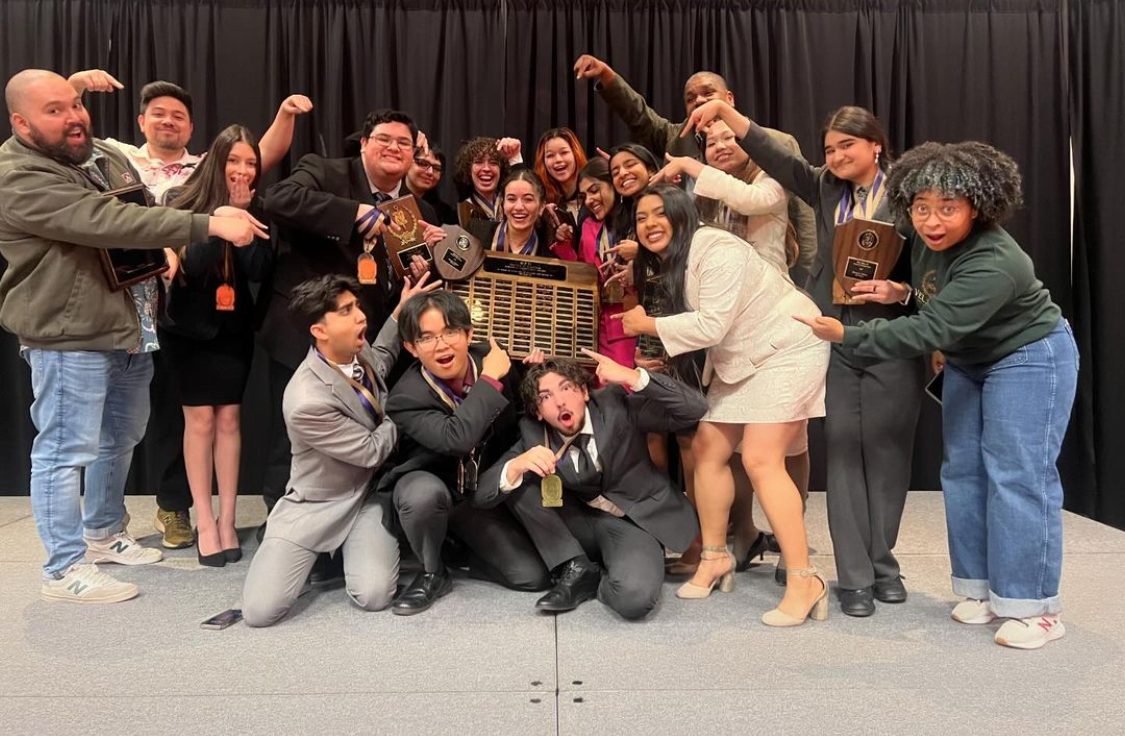Near the end of July, in Aurora Colorado, at a midnight premier of the latest “Batman” movie, a gunman (now known as Caucasian, 24 year-old, University graduate James Eagan Holmes) walked into a movie theater, wearing a gas mask, black trench-coat “costume” and armed with automatic and semiautomatic firearms.
Though the full extent of his artillery is still largely unknown, it has been reported that James utilized an assault-rifle, a 12-guage shotgun, a pistol and more than a few smoke grenades in his attempt to take a theater full of movie fans hostage.
Though the numbers tend to vary from source to source, between twelve and twenty people were killed that night, or died later from injury. Over sixty were wounded.
The Nation was stunned. Not because of the lack of regulation that allowed a mentally unstable and reactive youth to buy, register and legally own an entire arsenal of “anti-personnel” weaponry. Not because this sort of
tragedy is uncommon, or even rare in a nation that averages 87 shooting deaths a day (TheDailyBeast.com). Rather, the nation was stunned because of the sheer theatricality of the shooting. Everyone who has ever sat amongst strangers in a darkened movie theater can relate to the victims, whose only crime was attending a movie premiere unarmed.
Actions had to be taken, but the mainstream media outlets were quick to remind the public that this was not the time to discuss national gun policy, regulations or laws. It was a time to mourn the victims, their families and turn our collective ire on the real culprits.
AMC theaters were quick to take action. As soon as they were finished condemning the action itself, they amended their policies and rules to ban and strictly regulate costumes, imitation weapons and movie themed
makeup. Surely that would settle things. I personally would even
go one step further, banning mascara, lip-gloss and all forms of blush from movie theaters. Perhaps that’s a little extreme, but I’m a hard-liner when people’s lives are at stake.
On Sunday Aug. 5, in a small suburb of Milwaukee, Wisconsin, a gunman invaded Sunday Service at a Sikh Temple, with a 9mm. semiautomatic pistol, clips for reloading and enough directionless, uninformed hatred to claim the lives of six worshipers. How could this happen? Why? Many were quick to draw parallels about the act, deemed a retaliatory expression of lingering rage over the terrorist attacks on Sept. 11 2001, already over a decade past.
“While we are still learning the motivation of the attacker, his actions—singling out and killing Sikhs with turbans—match
a broader pattern of post-9/11 bias in our country.” Supreet Kaur, Ph.D. told FoxNews.com.
Similar to the coverage of the Aurora, CO shooting, the coverage from most media outlets reminded us that this was “not the time” to talk about gun control. It was a time to mourn the victims and reassert the differences between Sikhism and Isla (because hate crimes against Muslims would be less senseless somehow).
The Shooter became the story once more: A 40-year old U.S. Army Veteran involved in white supremacist ideology, groups and music.
The music of the Hammerskins, the sort of music that Page wrote and produced, advocates and glorifies violence and killing of anyone considered “Non-White”, homosexual and/or “Non-Christian”. One doesn’t have to look very hard to spot current events (Much more recent than 2001), that likely send outspoken members of the “Hammerskin Nation” into a murderous rage.
It’s clear from the media coverage of this senseless tragedy that Page took these ideals and biases seriously, even having a tattoo of the Roman numeral for 14- as reference to the fourteen word motto of the Hammerskins.
Certainly, we can’t stop closed-minded, prejudiced, uninformed individuals from existing, nor can we censor their right to preach their backward, hateful politics.
If we also can’t discuss gun control, what can we do to stop history from repeating itself again?
The Brady Campaign reports that only twenty percent of gun owners in America own over sixty-five percent of American guns. Over 4.5 million guns are sold each year in the United States, including two million handguns according to the Bureau of Alcohol Tobacco & Firearms. Can’t we at least talk about why anyone would need an assault rifle that can fire 650-750 rounds per minute? Shouldn’t we at least be free to disagree over what measures should or shouldn’t be taken to reign back the level of gun violence, while unanimously agreeing that something should be done? Or should we sit back, follow the selective coverage and mourn without thinking?
Maybe someday, irresponsible haberdashers will stop cutting coats that reach the floor, and maybe the attendance rates for Hammerskin events will fall to zero. Until then, however, I intend to get a head-start- mourning the next tragic, senseless, mass killing- in advance. So that then, maybe it will finally be a time to put the mourning on hold, just long enough to have a frank and informed discussion about guns.





































































